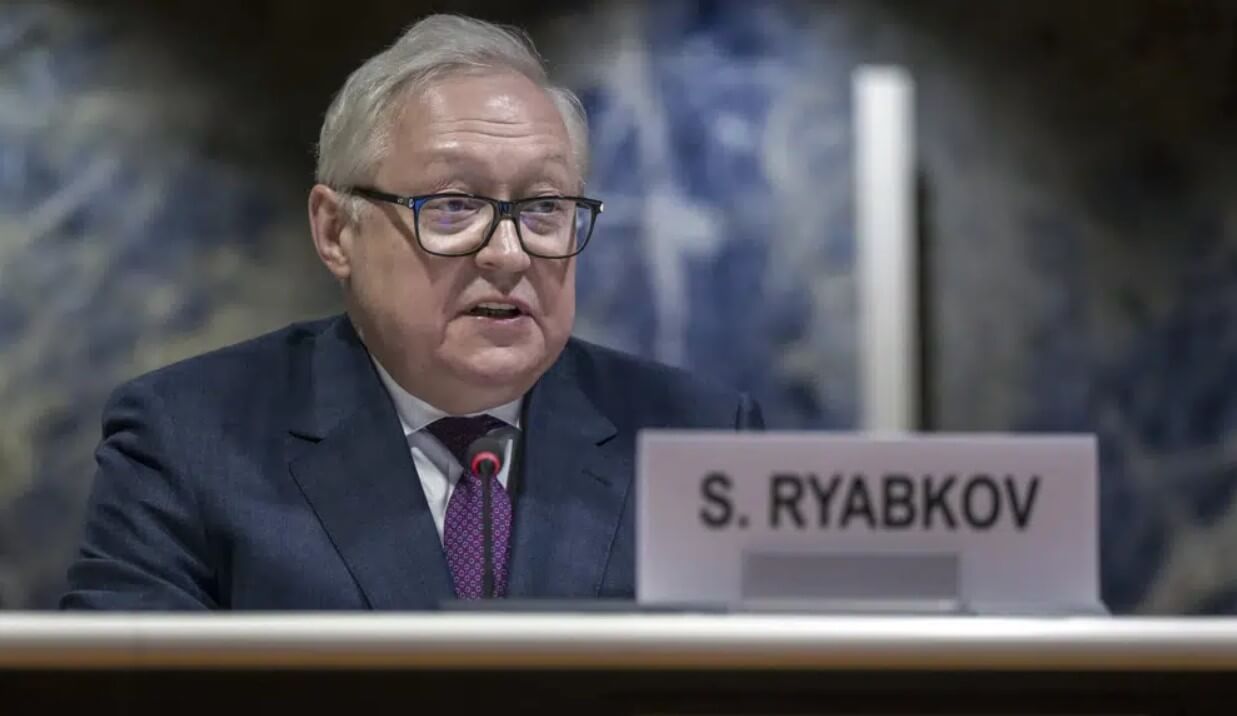During the UN Conference on Disarmament in Geneva on Thursday, Russian Deputy Foreign Minister (FM) Sergey Ryabkov warned of a “direct military clash of nuclear powers with catastrophic consequences” over the US and NATO’s increasing support to “the conflict in and around Ukraine.”
#Russia #Ukraine centre stage at UN in #Geneva today. Deputy FM Ryabkov to tell conf on disarmament why Moscow no longer part of nuclear treaties. Later he'll speak to @UN_HRC. Ukraine's FM Kuleba also. UN team to release report into alleged Russian war crimes in coming days.
— Imogen Foulkes (@ImogenFoulkes) March 2, 2023
Ryabkov also emphasised that the collective West distorts and misrepresents Russia’s warnings for “propaganda purposes,” while making “absolutely outrageous statements” to threaten Moscow “with reprisals.”
In fact, he maintained that Russia remains committed to the Joint Statement of the Nuclear-Weapon States on Preventing Nuclear War, which was signed on 3 January, 2022.
Additionally, the deputy FM stressed that the US, along with other nuclear powers like France and the UK, openly launched a “hybrid” war to “strategically defeat” Russia, therefore, prompting Russian President Vladimir Putin to suspend the New Strategic Arms Reduction Treaty (START) while continuing to “comply with the quantitative limits on strategic offensive arms.”
Furthermore, he noted that only “good-faith dialogue” can ensure arms control, as that “cannot exist separately from geopolitical and military-strategic realities.”
I am extremely concerned by Russia’s statements regarding nuclear weapons testing, and I reiterate that the U.S. continues to observe our zero-yield nuclear explosive testing moratorium. We support the #CTBT & are committed to work for its entry into force https://t.co/op22YVyfEe
— U.S. Delegation to the Conference on Disarmament (@USAmbCD) March 2, 2023
Ryabkov further blamed the US for failing to ratify the Comprehensive Nuclear-Test-Ban Treaty (CTBT) for over a quarter century with the clear intent of planning to resume nuclear testing.
“If the United States nevertheless decides to take such a step to be the first to conduct nuclear tests, we will be forced to respond adequately,” he underlined, adding, “No one should have the dangerous illusion that global strategic parity can be broken.”

